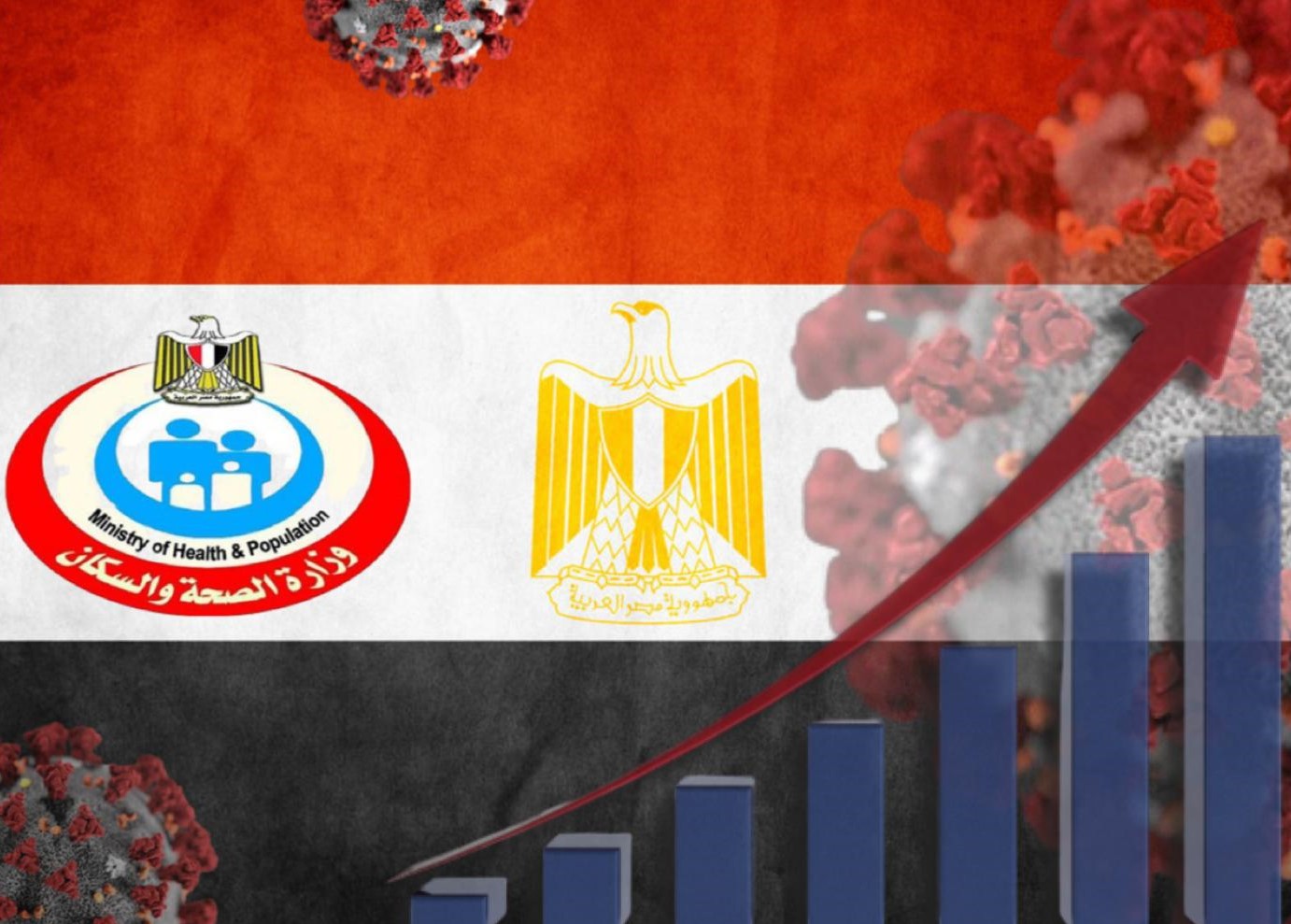In Egypt they call the medical team who fight the coronavirus for the sake of people the “white army”. However these dedicated doctors and nurses are fighting the deadly disease with a significant lack of PPE and inadequate medical equipment.
According to the Egyptian Doctors Syndicate (EDS), over the past six months, 153 doctors have died from Covid-19 and more than 3,000 have displayed symptoms of the disease.
EDS has been urging the Egyptian government to urgently provide PPE and to open new quarantine hospitals for medical team members who are infected with the virus. However, the government has reacted in a different way.
The Egyptian government’s response to Covid-19 has been a deny, propaganda and security approach. Every time General Sisi’s regime has faced criticism, it has circulated its own stories in response to allegations from doctors about the lack of PPE.
General Sisi sent his health minister, Hala Zayed, with medical aid to China when all countries had banned flights to country, and sent her again to Italy when the virus hit Lombardy.
Ignoring the doctors’ needs for PPE, General Sisi opened a huge field quarantine hospital with 4000 beds capacity in Cairo. He announced that the military offered this hospital to the Egyptian people to support the country against Covid-19.
It is the same manifesto, showing the military as the “Guardians of Egypt” which can do anything at any time for the sake of people.
The Egyptian Prime Minister accused doctors of being responsible for the coronavirus deaths.
A hashtag trended on Twitter encouraging doctors to post videos and write posts about what they witnessed inside hospitals and expressing their intention to resign in order to save their lives and to put more pressure on the authorities. Instead of providing PPE, General Sisi called the military to take action in response to the thousands of tweets supporting the doctors against the regime.
In a press conference, the Egyptian prime minister accused doctors of being responsible for the coronavirus deaths. Security besieged the building of the Doctors’ Syndicate in Cairo and prevented a press conference – that was to be held to respond to the PM’s accusations – from taking place.
The Supreme Council for Media Regulation called on all media and social media users not to publish any news outside the framework of official data regarding the current situation in Libya, the Ethiopian Renaissance Dam, military operations in the Sinai Peninsula, and with regards to the coronavirus.
They accused the doctors who resigned of being close to the Muslim Brotherhood – this was the same message which spread virally and had been repeated by every single TV station close to the regime. They delivered an incitement campaign targeting doctors and spreading rumours against the “white army”.
At the same time they denied that the regime was responsible for the problems. General Sisi considers the doctors’ demands as a threat to his power and a real danger to the national security.
Providing doctors with their needs would be a sign of weakness from the prospective of the dictatorship and these actions might encourage teachers, labours and others to ask for their rights.
The regime’s legitimacy is not based on people’s needs, nor on their demands. For a dictator, it does not matter what the people say or what doctors think, it is only about the military image and how the leader keeps all the strong cards with his hands.
“We do not have neither good medical care nor good education. We are not in Europe. We’re in a different region, ” General Sisi
Egypt was ranked the 18th most unhealthy country in the world for 2019, according to Indigo Wellness Index. The data, which is one of the most comprehensive indicators covering 191 countries around the world, attributed Egypt’s position to the lack of government spending on health care, the high risk of diabetes and obesity rates.
The health system in Egypt shows weak government spending. In 2019/20, the health budget amounted to only 1.2% of GDP whereas, according to the World Health Organisation, the average percentage globally is 9.1%. Rather than investing in the health care sector, the Egyptian regime choose the security approach in response to doctors’ needs. The government arrested more than 10 doctors.
They are all facing trials in high security court with accusations such as joining an illegal political group like Muslim Brotherhood, spreading chaos and posting fake news. The media close to the regime joined in the persecution with the launch of a hatred campaign against the doctors who want to resign, called them traitors and members of MB.
The way the Egyptian regime is dealing with doctors facing coronavirus proves again that this regime is not considering the public health sector development. As long the Egyptian army have the power and the money to build and develop hospitals, the Egyptian government will let both doctors and their patients die.
In Egypt doctors are victims of coronavirus and the authoritarian regime.
